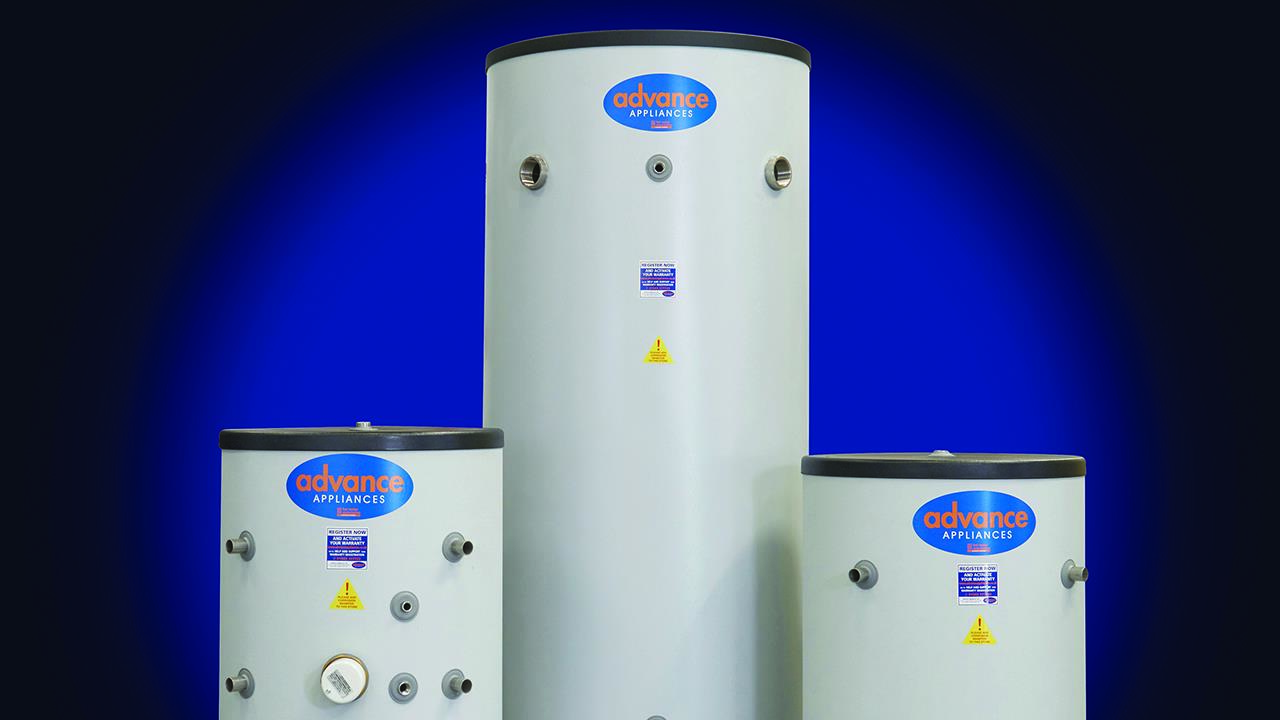

The International Energy Agency (IEA) recently announced that gas boilers should be banned from 2025 in an effort to help save the planet from climate change. The energy sector accounts for 75% of greenhouse emissions around the world, according to the IEA, so stopping the use of natural gas boilers would make sense. While gas has been a staple of UK heating systems, the impact burning it has on the environment is a growing concern.
Electric boilers can be a more environmentally-friendly alternative as electricity can be produced from renewable resources, helping to greatly reduce the carbon footprint of a property. The government is also promoting electricity as the main energy source in future newbuilds. More and more of the electricity generated in the UK is from renewable resources. This can be done at a macro level with groups of wind turbines, hydro schemes, and solar farms, or at a micro level using roof-mounted solar panels, for example.
If the future is going to see a growth of electric heating systems, what products do installers need to be aware of to meet this trend?
There are a number of flexible solutions that can be particularly useful for very small dwellings, such as point of use water heating and electric showers, although heat pumps may be preferred for larger properties. However, this article will focus on some of the electric options for space heating and hot water in the middle market.
For space heating, most people prefer wet systems with radiators or underfloor heating. The good news is that electric boilers for these applications have been around for many years and offer proven, simple technology. Electric heating is inherently efficient at point of use as the energy input is converted directly to heat, with only tiny losses.
Electric boilers provide all the things that you would expect from any boiler, including the ability to modulate, and also some benefits you might not expect, such as not requiring flues or annual servicing.
This reduces cost of installation and ongoing maintenance. In addition, some are supplied for sealed system use with relief valves and expansion vessels fitted, and some include pumps. Most households will have 100 amp supplies and boilers up to 12kW (40,000 BTU) will draw around 50 amps. For space heating alone in a modern middle market property, this is more than adequate.
However, electric boilers do not offer a combination of hot water and heating in one wall-mounted box with the ability to generate instantaneous hot water in useful amounts. The reason is simple – power.
A typical gas combi boiler uses around 24kW, which would consume all of the electric energy available in the home. With this power, gas combis deliver around 12 litres per minute of water at 40°C, although rates vary with incoming water temperatures and different boiler models. While electric combination ‘boilers in a box’ exist, their flow rates tend to suffer in comparison, typically less than half of what gas or oil boilers can offer.
But there is a straightforward solution – storage. There are a number of significant advantages to this. Electricity can be consumed at the best tariffs, say overnight or with flexible tariffs offering daytime top-ups, and used throughout the day, making the system economical.
Flow rates for mains pressure hot water cylinders can be as high as 40 litres a minute at 60°C, and with high flow rates comes the ability to run more than one shower at a time, or to have the washing machine on at the same time as the shower.
Advance offers this option with central heating primaries for the best of both worlds – wet central heating and mains hot water. The central heating can be vented or sealed with the addition of a plate heat exchanger.
Another advantage of cylinders is the possible use of solar PV (electric), which can make a significant contribution to water heating throughout the year.
To what extent electric boilers will help the environment will very much depend on how we produce the electricity to power those boilers.
If we use electricity from renewable sources such as wind, solar, and ground heat then, yes, switching to electric heating absolutely can help us achieve the net-zero carbon targets necessary to prevent dangerous global temperature increases by mid-century. In addition, heat pumps offer the same heating potential as gas boilers, and can be powered by low carbon electricity.
With all of this in mind, if these challenges are overcome and if the majority of electric boilers in the UK are powered by renewable energy, the benefits to both the environment and our energy bills will far outweigh any possible initial inconvenience of turning away from gas heating.
If you'd like to keep up-to-date with the latest developments in the heating and plumbing industry, why not subscribe to our weekly newsletters? Just click the button below and you can ensure all the latest industry news and new product information lands in your inbox every week.